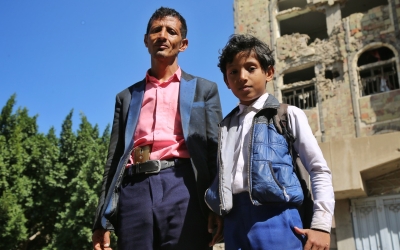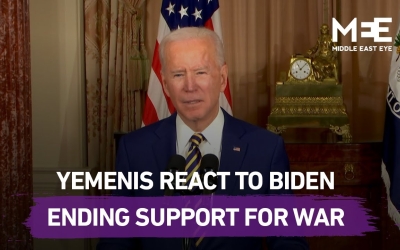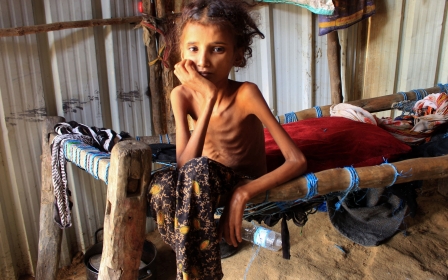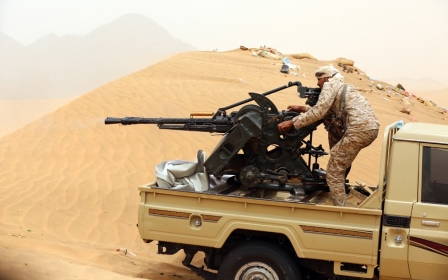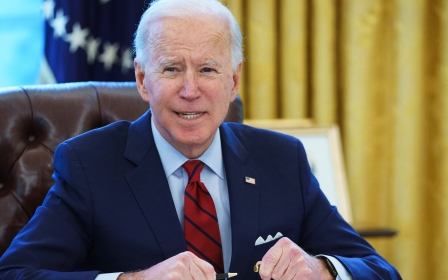Yemen's Houthis renew offensive to capture government stronghold Marib
Houthi fighters have renewed their push to seize the oil-rich province of Marib, the government’s last stronghold in northern Yemen, a government source said on Monday, reporting dozens of casualties in both camps.
Following weeks of relative calm in the strategic region, new clashes between the Houthis and Saudi-backed pro-government forces broke out on Sunday.
The source told AFP that the Houthis had brought in reinforcements during that time.
"Fighting took place about 10 kilometres west of Marib," he said on condition of anonymity.
"At least 20 government fighters were killed and 28 others wounded," he said, adding that Houthi fighters also suffered many casualties but an accurate account was not immediately available.
In addition to its oil fields and its Safer oil refinery, Marib is a key producer of natural gas, supplying the entire country. The Houthis have been poised to take the province, which neighbours Sanaa, since early last year.
In the past 24 hours, government forces pushed back five attacks, the source said, a day after three pro-government fighters were killed and four wounded in a missile attack on their camp in Marib.
The United States and Britain condemned the offensive, with the US State Department saying it was "deeply troubled" by the violence and calling on the Houthis to stand down and halt any new campaigns.
British Ambassador to Yemen Michael Aron said the Houthis must "prove their seriousness in wanting peace by supporting the efforts of UN special envoy Martin Griffiths".
Biden’s policy
Yemen's conflict broke out in late 2014 when Houthi fighters seized the capital Sanaa, prompting Saudi Arabia and the United Arab Emirates to assemble a western-backed military coalition to try to restore the government of President Abd Rabbuh Mansour Hadi.
US President Joe Biden last week announced an end to support for Saudi-led offensive operations in Yemen and halted some weapons sales to Riyadh, as part of a major reset in foreign policy.
His state department has also notified Congress of its intention to revoke the terrorist designation against the Houthis that former president Donal Trump’s administration announced on 11 January.
Humanitarian groups were deeply opposed to the designation, saying it jeopardised their operations in a country where the majority of people rely on aid.
Yemen's information minister, Moammar al-Eryani, however, said on Sunday that "a reversal of the designation will complicate the Yemeni crisis and prolong the coup".
Griffiths arrived in Iran on Sunday, in his first visit to the Islamic Republic, to discuss the conflict in Yemen, in a sign of renewed diplomatic activity with the new US administration.
The envoy’s office said the visit was part of his diplomatic efforts to support a negotiated political solution to the conflict.
His immediate priority was to support an agreement between the warring parties on a ceasefire, urgent humanitarian measures and a resumption of the political process, according to a press release.
In a meeting with Iranian Foreign Minister Mohammad Javad Zarif on Monday, Griffiths highlighted the UN’s plans to address the crisis. Zarif, meanwhile, conveyed Tehran’s readiness to support the UN’s efforts.
Middle East Eye propose une couverture et une analyse indépendantes et incomparables du Moyen-Orient, de l’Afrique du Nord et d’autres régions du monde. Pour en savoir plus sur la reprise de ce contenu et les frais qui s’appliquent, veuillez remplir ce formulaire [en anglais]. Pour en savoir plus sur MEE, cliquez ici [en anglais].


